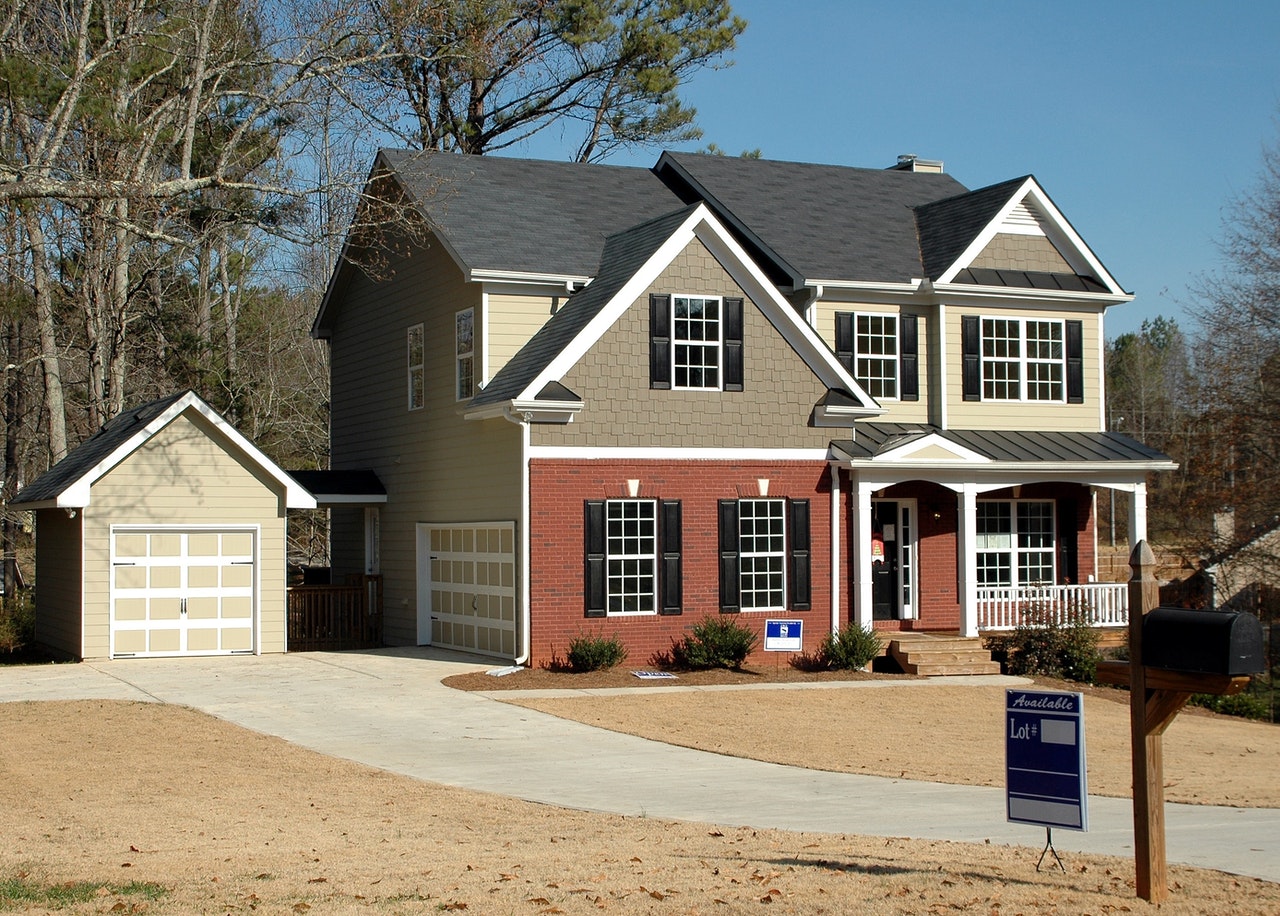So, here you are at a point in your life where you can finally start building the house you only drew as a kid. A two-story house with great big windows, a nice picket fence, a gabled roof with a cute dormer window, and a lush lawn upfront. It’s so straightforward and so seemingly put together. How hard could it be, then?
Well, when building your dream home, there are many aspects of construction you need to learn, and so many realizations about your budget that pull you back down to the ground from the clouds. Suddenly, you’re learning about building codes and making sure your house is up to code. You’re also now finding out about all the costs you have to keep up with that you wish you could skimp on some parts of construction just to give you a bit of breathing space.
While you could definitely save some money during construction, there are some things you really have to spend on to make sure the quality and safety of your home base are tip-top.
Your General Contractor Is Important
Right from the beginning of construction, having a contractor is beneficial because not only will you have a professional who will make sure you have a system and a schedule to follow, hiring a licensed contractor will also give you insurance. This is important because should there be any damages or injuries during construction, you can be assured that your contractor will be responsible for it.
A good general contractor who knows what their doing is like having a competent manager for a business. They will be with you from the beginning and will help you through the construction process.
Think of Long Term Costs
You also have to think about long-term cost efficiency for your construction project. Things you think can help you save now might end up biting you back in the long run due to maintenance costs. If saving money now means poor quality materials and or construction, it will mean a high price later on when you have to fix them too soon and too often.
For example, if you plan to DIY your flooring installation in hopes to save some money, you have to think about other costs like making sure you have the tools for it, getting a workstation, and the time you will have to spend doing it (and maybe redoing it due to measurement mishaps). If you have prior experience in tiling then maybe you would have a better idea of how to manage your time and be efficient but if it’s your first time, it’s better to hire professionals.
Functionality Before Aesthetics

Of course, everybody wants a house that looks good. Nice-looking modern windows, a spacious mermaid-themed bathroom, walk-in closets for every room. Okay, maybe not every room, right? Because you are in the beginnings of building your home, you need to prioritize your needs before your wants.
What you need is a full-sized kitchen with a good-sized sink and provision for appliances you will use. You can consider decor once construction is finished, and you have an idea how much budget you still have.
Another point of functionality is whether you are designing based on how you will use each part of your home and not just how you want it to look. Discuss your floor plan with your architect and mentally walk around your house to see which parts would make you feel comfortable and which ones would need changing.
A more concrete example of this is the foot traffic around your house. Think about whether you would have problems walking around hallways, if doors can potentially create traffic, or if the space at the staircase is enough for two people climbing up and down. Do not think you can save money by scratching off some centimeters from your pathways if it means you’ll perpetually feel unsettled in your own home.
Utilities Need Maintenance
When it comes to the guts of your home such as plumbing, ventilation, electricity, and other wirings that are within your walls, you need to make sure that you will have access to them for eventual maintenance and repair. During construction, take note of where your wirings and plumbing go -or better yet, take pictures of them for the record. This way, when something needs to be done, you can point to your maintenance crew or specialist where they can open up, instead of having to blindly hammer through your walls to get an opening.
